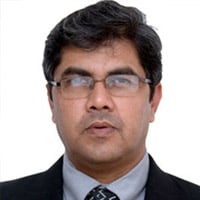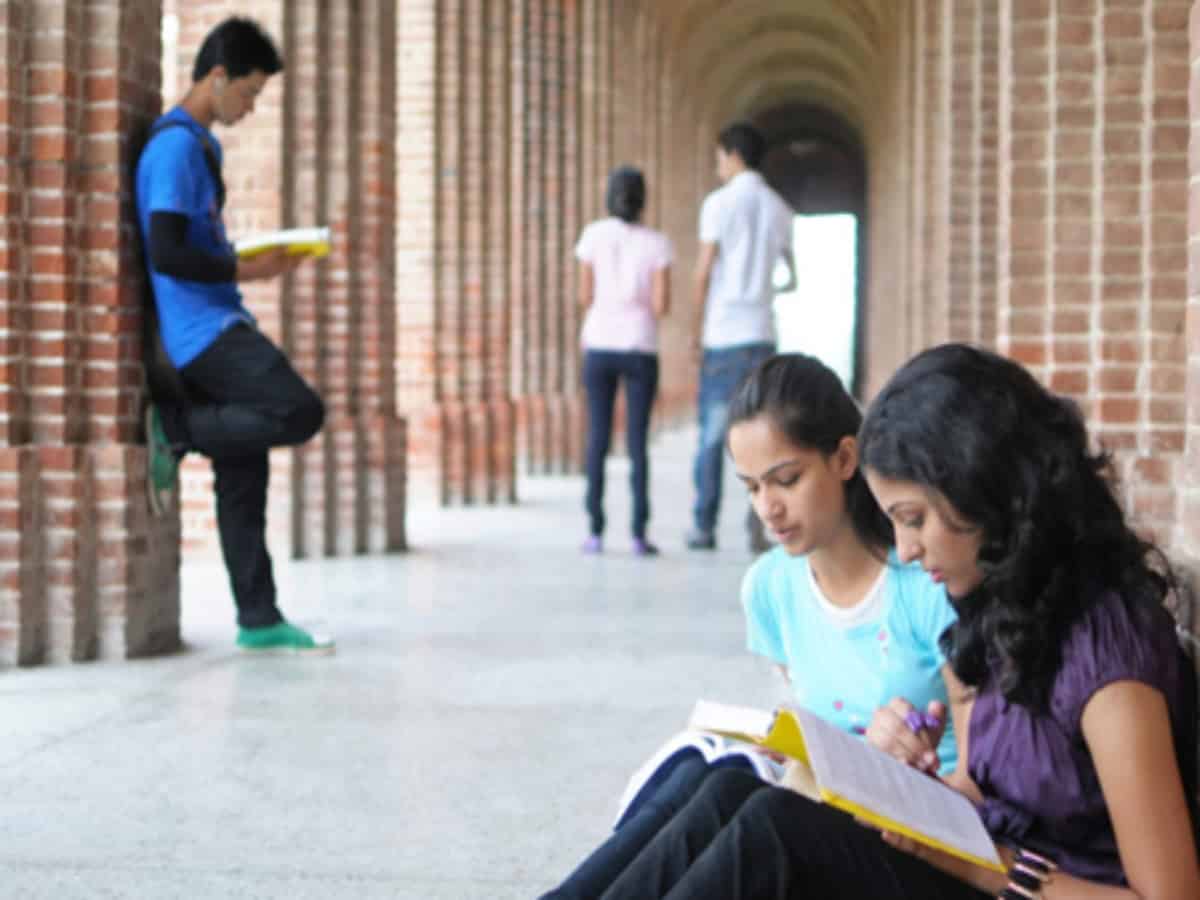
The Indian Muslim Leadership Conference, held over two days this weekend, organised by the Falcon Group and the Institute of Objective Studies, New Delhi, started off with an intense discussion on education. The panellists were the foremost experts on this subject today. Prof Furqan Qamar, former Vice Chancellor of Rajasthan University, P A Inamdar, President of the MCE Society in Pune, Dr Abdul Qadeer, Chairperson of the Shaheen group and S Y Quraishi, one of our most respected former IAS officers who was also the Chief Election Commissioner of India.
The first issue that was discussed was on the need to have non-Muslim students in Muslims schools. This has been a recommendation from N C Saxena where he has been advocating for a set of really high class Muslim institutions that would enroll students from across various sections of society. The Shaheen group has nearly 40% non-Muslim students who feel safe, secure and happy studying at their various campuses.
The same is the case with the Azam campus where admission is open for all students from all walks of life. Inamdar sahib’s point of view was that we need non-Muslim teachers too — that is how we will improve quality. This will also enable our institutions to be inclusive as inclusion is the key to the future of education in India. The Azam campus too has nearly 45% non-Muslim students. The admission procedure there does not discriminate as it is obvious that academic capability and curiosity has nothing to do with caste or creed. Each child is gifted and shines when given the right opportunities.
The next point that was discussed was on the need for students to learn languages and develop the capability to communicate. Our students also learn spoken English. In these days we need oral literacy, not written. In the days of oral communication, there is very little emphasis on the written word. Inamdar sahib emphasised that we need to provide hope and trust among the youth and not disillusionment and despondence. He also added that each institution must work towards bringing technology to the homes of the marginalised and the vulnerable. We must also train our teachers – in using and propagating technology and in the use of technology in pedagogy.
The discussion then shifted to the need for Higher Education and why it is essential for a community and a notion to increase the number of students joining college and university. Prof Furqan Qamar, underlining the role of Universities in nation building stated that we now have 1100 Universities already out of the target of 1500 set by the Knowledge Commission. Education has vast multipliers and externalities, and Higher education benefits the society enormously because of its impact on all other development sectors.
He, however, pointed to the concerns regarding the scarcity of trained human resource in Higher Education. There are very few good quality teachers. Muslim institutions, he clarified, have never stopped non- Muslims from joining and therefore there are a large number of non-Muslim students at Jamia Millia and at AMU. The question that is more relevant is to see how many Muslim students study at non- Muslim institutions, That is a strikingly low figure across the country, and in all streams of education.
The formidable challenge for us in India is going to be the poorly skilled labour force we produce. Only 4.6% of our entire workforce is skilled while China has about 25%. Increasing this ratio will indeed create miracles in terms of higher productivity and efficiency. We must focus on increasing the skill set of our graduates, particularly of the religious scholars who emerge out of our seminaries. It is also important for all of them to learn and use English. The debate on using vernacular languages and mother tongue is irrelevant and we must know that even linguistically strong nations of the European Union have agreed that the link language will be English.
Finally, there is a need to understand the unique role of the bureaucracy. It continues to be the premier service and is a technical and specialist service. The way the civil service has been scoffed at starting with the PM himself cannot be a welcome sign and will only weaken the executive and its functioning. The final point made was on the fear mongering that we see on the myth of Muslim population. Population growth is a political tool that is used in Uttar Pradesh and now in Assam and is pointed out as a Muslim issue.
It is not that at all, says S Y Quraishi who has written a seminal book titled the Population Myth. He argues that population itself is a function of educational attainment and if access to education is provided then all groups within society get their fertility rates down and practise spacing and planning their families. It is education attainment that leads to smaller families, delayed marriages and higher incomes.
The panel agreed that the future of education is going to be a hybrid model and Muslim institutions must take this up. We must integrate our residential Muslim institutions with modern technology and skills. Scholarships must be given. Admission issues are complex and difficult. It’s not about merit alone. We need to create conditions for a level playing field. What each institution must guard against is to start believing that technology could replace teachers – it would be a big mistake to agree to this. Investing in teachers is the key to education quality.
The authors Amir Ullah Khan is a Researchers at the Centre for Development Policy and Practice (CDPP)

